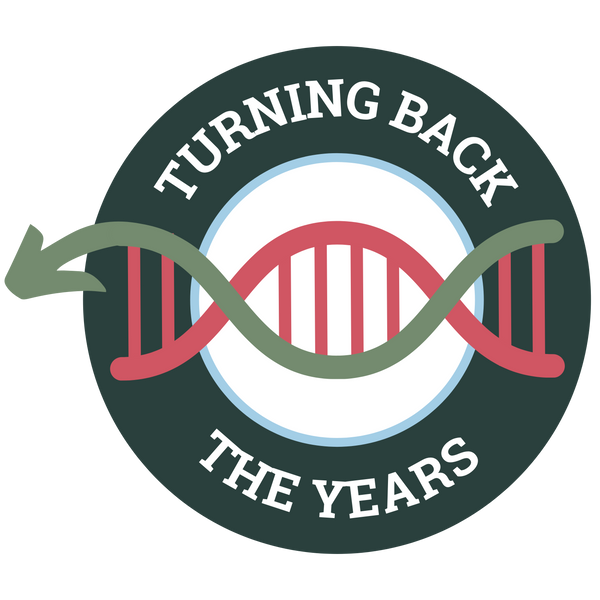Rilmenidine extends lifespan and healthspan
Share
Repurposing drugs capable of extending lifespan and health span has a huge untapped potential in translational geroscience. Here, we searched for known compounds that elicit a similar gene expression signature to caloric restriction and identified rilmenidine, an I1-imidazoline receptor agonist and prescription medication for the treatment of hypertension. We then show that treating Caenorhabditis elegans with rilmenidine at young and older ages increases lifespan. We also demonstrate that the stress-resilience, health span, and lifespan benefits of rilmenidine treatment in C. elegans are mediated by the I1-imidazoline receptor nish-1, implicating this receptor as a potential longevity target. Consistent with the shared caloric-restriction-mimicking gene signature, supplementing rilmenidine to calorically restricted C. elegans, genetic reduction of TORC1 function, or rapamycin treatment did not further increase lifespan. The rilmenidine-induced longevity required the transcription factors FOXO/DAF-16 and NRF1,2,3/SKN-1. Furthermore, we find that autophagy, but not AMPK signaling, was needed for rilmenidine-induced longevity. Moreover, transcriptional changes similar to caloric restriction were observed in liver and kidney tissues in mice treated with rilmenidine. Together, these results reveal a geroprotective and potential caloric restriction mimetic effect by rilmenidine that warrant fresh lines of inquiry into this compound.
First Published 20 January 2023 - Full article can be read here: Aging Cell here.
Dominic F. Bennett, Anita Goyala, Cyril Statzer, Charles W. Beckett, Alexander Tyshkovskiy, Vadim N. Gladyshev, Collin Y. Ewald, João Pedro de Magalhães
First published: 20 January 2023 https://doi.org/10.1111/acel.13774
Citations: 1
Dominic F. Bennett and Anita Goyala contributed equally to this work.
